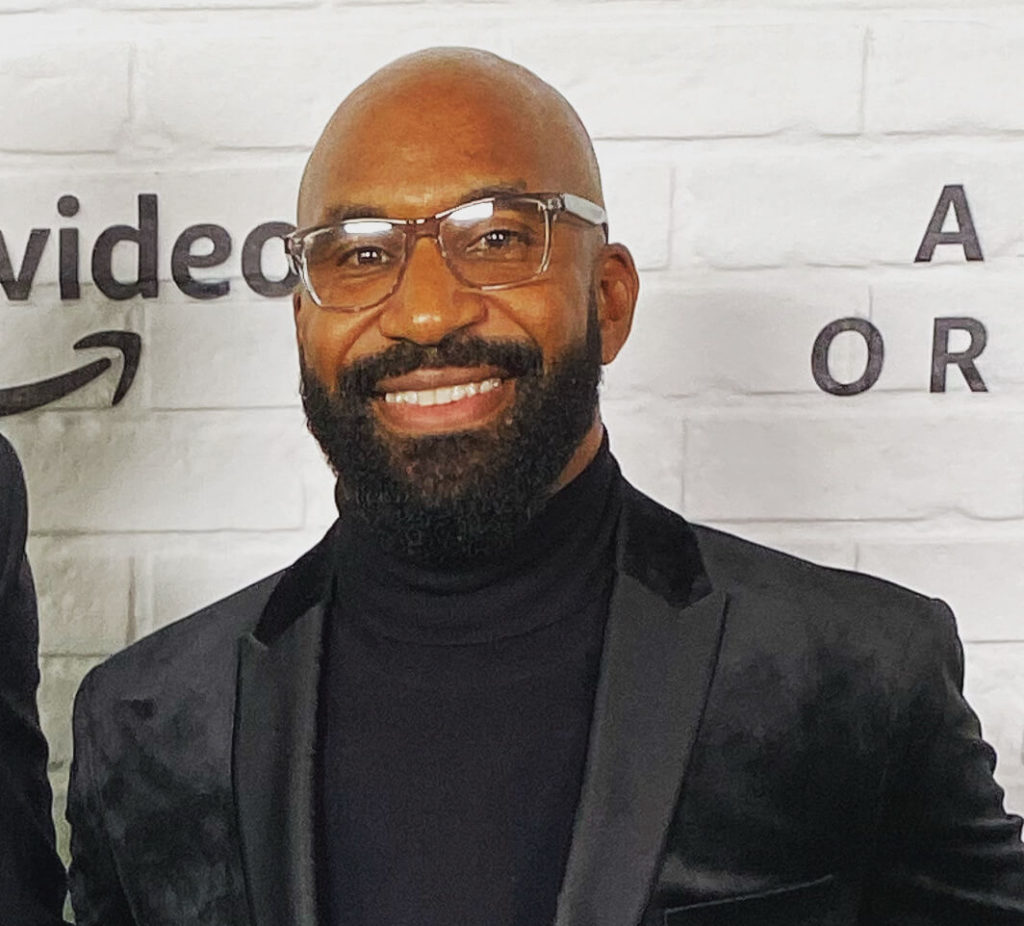
Based in Los Angeles, California, Christoper Fagon broke into the film industry by breaking out of his uncle’s shadow. As the nephew of Alfred Fagon, a renowned black British playwright, Christopher has built his legacy in the industry. Before moving to Los Angeles, Christopher worked in Silicon Valley, building computer networks. But he didn’t feel like his career allowed him to “fall in love with the hustle.”
The entertainment industry allows Christopher the opportunity to showcase his hard work. Living by his motto “connect with myself, connect with the world, and connect the world,” Christopher has been able to build a successful career in the entertainment industry that stems deeper from his desire to affect the world with positive social change.
Christopher Fagon has worked as a Logistics Manager on music videos for Drake’s popular songs “God’s Plan,” “Nice for What,” and “In My Feelings.” In 2018, Christopher consulted on the 1972 remake of Superfly alongside friend Director X. As a Manager and Producer, Christopher has been working in the industry since 2009 and building a career based on both excellence and positive social change.
Regardless of his success in the industry, Christopher Fagon continues to strive for the next big thing and the desire to create his own production company. For more information on Christopher or the entertainment industry, please visit his social media sites!
—
The film industry is going through an exciting transformation by integrating with modern technologies that most people could not have imagined just a decade ago. The use of autonomous drone cameras, 3D printing, virtual reality and other new digital developments have advanced filmmaking into a realm pointing toward customization and unchartered imagination.
Digital Technologies Impacting Movies
As the world becomes more digital, smartphones alone have ushered in visual effects that weren’t available to filmmakers last century. Here are five key digital technologies that are driving the film industry to reinvent itself toward more using the most state-of-the-art visual effects today:
Autonomous Drone Cameras
Autonomous drones have been around for awhile, but drone cameras are still in their early development. Consumer models are available on the market for about two hundred dollars. Through machine learning, these AI-based cameras can avoid obstacles and deliver desired camera angles.
3D Printing
3D printers have numerous applications for any given industry. By printing necessary equipment parts, they reduce the need for transporting equipment, which cuts filmmaking costs.
4K 3D Cameras
4K 3D cameras open the door to virtual reality (VR) in filmmaking. Both Google and LucidCam have introduced 4K 3D VR cameras. This new technology is paving the way for a much more engaging panoramic film experience.
Algorithmic Video Editing
Algorithmic video editing is steadily spreading throughout the filmmaking community. It allows for adding fantastic special effects in post production.
Cloud Computing
Cloud computing has become central to many businesses, as it allows for online collaboration. A cloud platform such as TeamViewer Tensor helps companies reduce operational costs and achieve predictable scalability. The cloud has played a big role in reducing hardware costs for the film industry.
How Virtual Reality is Revolutionizing Films
VR in filmmaking is a giant step from computer-generated imagery (CGI), which has been the key to modern special effects in films. Through VR and wearing goggles, films can create powerful 360 degree perceptions and illusions that seem personalized for the viewer. A company co-founded by filmmaker James Cameron called Digital Domain is pioneering advanced tools that help producers pre-visualize screen action. This virtual film set idea began with Cameron’s film Avatar.
